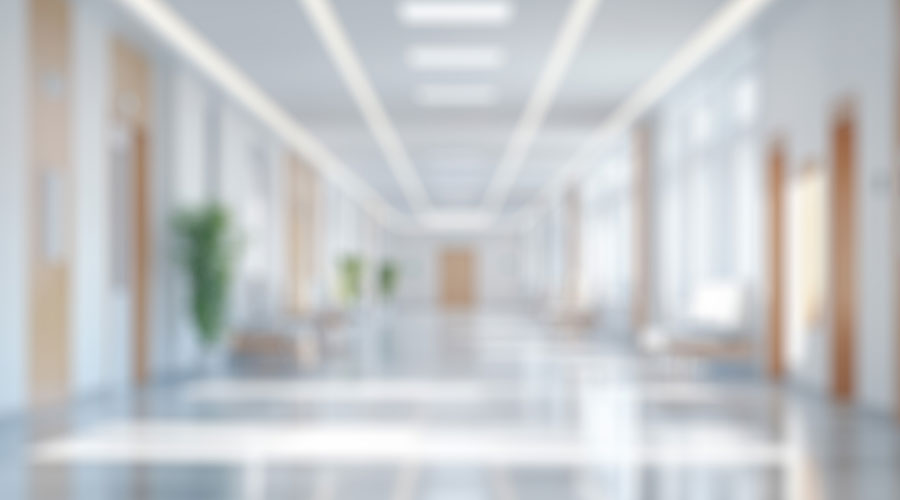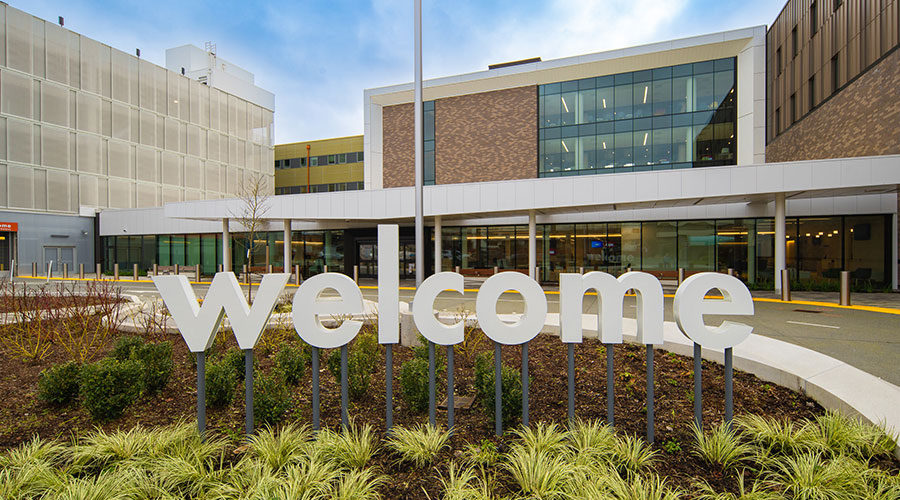EarlySense, a provider of contact-free continuous monitoring solutions, announced that the economic impact contact-free continuous monitoring (CFCM) will have in the U.S. medical market is estimated to be $15 billion per year.
Based on a peer-reviewed paper published in Critical Care Medicine by researchers from Harvard School of Medicine, and a new Frost & Sullivan report, Finding Top-Line Opportunities in a Bottom-Line Healthcare Market, each hospital bed monitored with EarlySense enables hospitals to achieve a cost savings of approximately $19,940.
“The healthcare industry is constantly working to improve efficiency. These studies show that continuous monitoring presents a unique opportunity to create both top and bottom line benefits, while simultaneously improving quality of care,” said Charlie Whelan, Frost & Sullivan’s Transformational Health North America Consulting Director. “Our findings indicate there are approximately 750,000 currently unmonitored medical/surgical beds in the U.S., and that the economic potential of adopting CFCM is a game-changer, in terms of changing patient outcomes, shortening hospital stays and improving economics.”
The cited cost savings are attributed to clinical outcome improvements published by hospitals implementing EarlySense. The technology has been proven to assist clinicians in earlier detection of patient deterioration, helping to reduce patient length of stay, minimizing ICU utilization, reducing falls and pressure ulcers, and avoiding cardiac and respiratory arrests.
By extending the clinically-proven savings to all 750,000 relevant beds in the U.S. Hospital System, it is therefore estimated that the American Healthcare system could save approximately $15 billion annually. This does not include the impact that may also be realized by extending this to the thousands of patients outside of hospital setting beds.
In addition, based on this clinical data(*), it is estimated that use of EarlySense has the annual potential to help improve care within U.S. hospital systems with the following impact:
301,809 Patient Fall reductions
1,293,469 Pressure Ulcer reductions
17,246,250 fewer Med /Surg Days
2,701,913 ICU Days eliminated
259,556 Code Blue Events eliminated
207,645 Deaths avoided
“More and more hospitals, as well as Alternate Care facilities, are taking advantage of the EarlySense technology to achieve improved economics and as a tool to help save lives. The powerful peer-reviewed data, as well as practical experience gained by clinicians using our technology on hundreds of thousands of patients, is why CFCM solutions are rapidly becoming standard of care in many institutions,” said Avner Halperin, CEO of EarlySense. "We are excited to continue to offer the most advanced CFCM solutions to our customers in the U.S. and abroad, and to expand our reach to new facilities to help achieve positive patient outcomes and improved economics for the healthcare system.”
For more information, please visit www.EarlySense.com andwww.myEarlySense.com.
Follow EarlySense on LinkedIn, Twitter and Facebook.
(*) It is not possible to precisely determine the overall clinical and economic impact of implementing EarlySense systems globally. However, assuming that the outcome achieved in every bed is in line with the results published in Critical Care Medicine in relation to reduction of adverse events are applicable in all clinical sites, it is generally estimated that by early detection and intervention, clinicians will be able to impact patients and hospitals as outlined herein.

 Seeking Standards for Microbial Loads in Healthcare Facilities
Seeking Standards for Microbial Loads in Healthcare Facilities UCR Health Unveils Plans for Major Expansion
UCR Health Unveils Plans for Major Expansion High-Performance Windows Support Safety at UW Medicine's New Behavioral Health Center
High-Performance Windows Support Safety at UW Medicine's New Behavioral Health Center Central Maine Healthcare Dealing with IT System Outage
Central Maine Healthcare Dealing with IT System Outage Kaiser Permanente Opens Newly Expanded Everett Medical Center
Kaiser Permanente Opens Newly Expanded Everett Medical Center